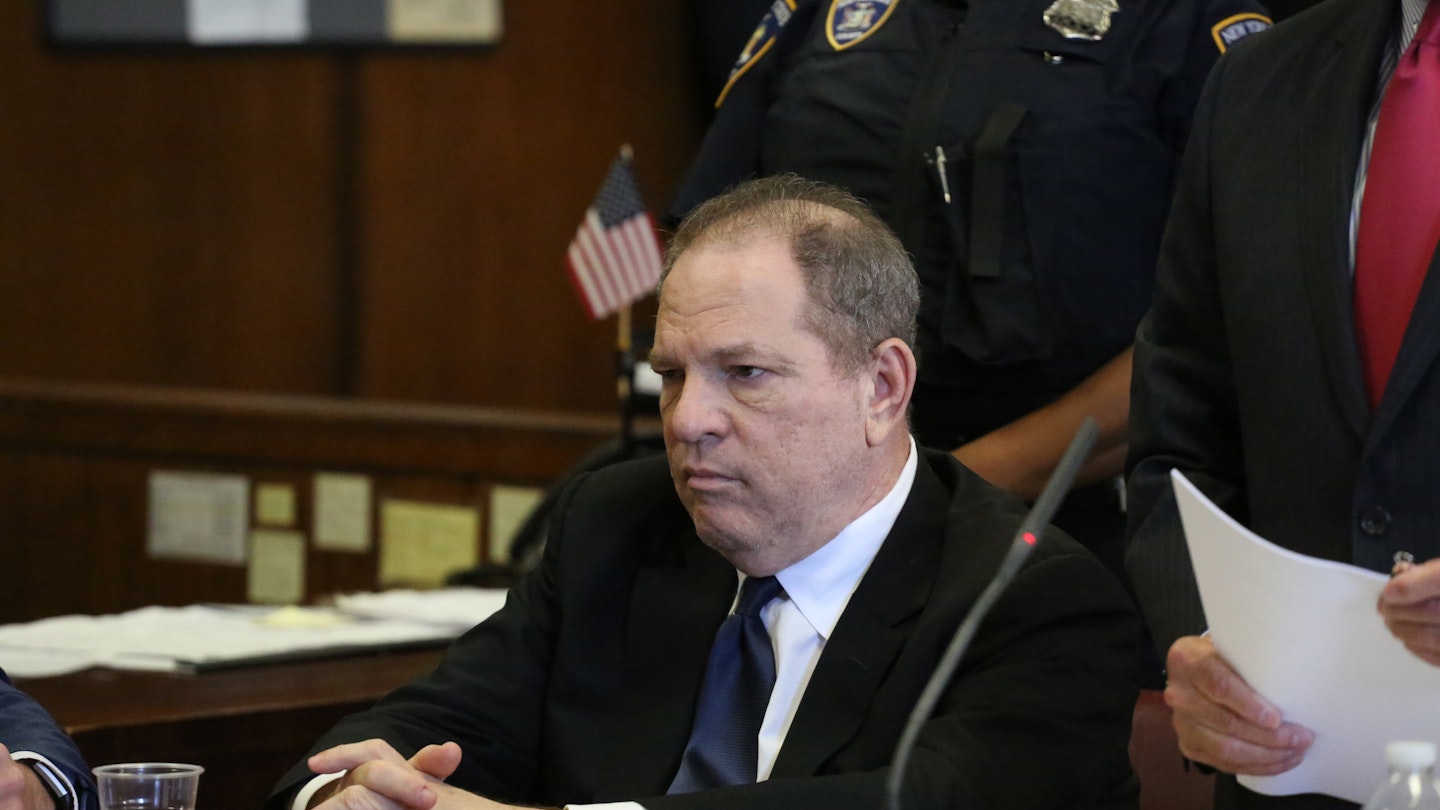Rowena Chiu, former assistant to alleged sexual predator Harvey Weinstein, has opened up about her experience of working for him and accused him of attempted rape in a new op-ed for The New York Times. The painful and emotional piece details how his power and influence forced her into decades of silence, terrified to talk to even her family.
‘Harvey Weinstein told me he liked Chinese girls,’ she begins the feature. ‘He liked them because they were discreet, he said — because they knew how to keep a secret. Hours later, he attempted to rape me.’
She explains how when she was interviewed for a job with Weinstein, she was warned of his reputation by her interviewer Zelda Perkins but told if she could ‘handle him robustly’ she wold be ‘totally fine’. Going on to detail Weinstein’s ‘grooming process’ by which he would test how much abuse a person could tolerate, she says he would wield ‘both the carrot and the stick’ to trap his workers into continued employment.
However, how Weinstein ultimately trapped women like her was through ‘four power dynamics of gender, race, seniority and wealth’. ‘The first power imbalance — that of man versus woman — was obvious,’ she states. ‘I was a woman in an industry in which women still struggle to be taken seriously. Harvey was a man in an industry in which men dominate, and he often used that dominance to claim sexual favors.’
‘The second power imbalance was around race — the fact that Harvey was white and I was a person of color,’ she continues. ‘My ethnicity initially marked me as different and inferior: He assured Zelda that he wouldn’t harass me because he didn’t, as I remember it, “do Chinese or Jewish girls.” Then later, he turned around and defined me in terms of sexual exoticism, telling me, just before he tried to rape me, that he’d never had a Chinese girl.’
Going on to say that his status in the industry made her feel ‘invisible and inconsequential’ as an assistant, she then describes that her financial status compared to his wealth left her powerless. ‘Even during the few months I worked with him, I saw first-hand the influence that money could buy,’ she said. ‘Later, I was to discover that it could even buy silence.’
In the powerful op-ed Chiu detaisl how Weinstein attempted to rape her one night after a meeting following the Venice Film Festival, which he had arranged to discuss potential film productions. Her account is harrowing.
‘After hours of fending off his chitchat, flattery, requests for massages and a bath, ultimately I found myself pushed back against the bed,’ she says. ‘I’d worn two pairs of tights for protection, and tried to appease him by taking one of them off and letting him massage me, but it hadn’t worked. He’d taken off the other pair and I was terrified my underwear would be next. Harvey moved in: Please, he told me, just one thrust, and it will all be over.’
Able to ‘wriggle off the bed and leave’, she explains how she and Perkins attempted to expose Weinstein but were shut down and even met with laughter. Eventually, they were coerced into signing NDA agreements that would mean neither of them talked for decades, and left Chiu completely terrified to talk to her friends or family.
It took many things for her to eventually speak out after years of self-loathing and fear at his influence. She watched #MeToo unfold, saw Christine Blasey Ford speak up about Brett Kavanaugh and eventually met her as part of a survivor group to share stories. Then, after 18 months of conversation, she finally agreed to participate in Jodi Kantor and Megan Twohey’s book She Said.
Rowena explains why she spoke out on TODAY:
‘It is important to me now that I speak up, that I allow my voice, an Asian voice, an assistant’s voice, to join the array of voices in the #MeToo movement,’ she said.
Chiu goes on to explain how stories like hers have been forgotten in the wave of famous women discussing their experiences with Harvey. ‘Since the story broke in October 2017, many actresses, from the relatively unknown to the superstars, have come out with stories about Harvey,’ she writes in the piece. ‘Yet the stories of assistants have gotten relatively little attention by comparison, and tragically, even fewer of those voices have been of women of color.’
Weinstein has denied Chiu’s account and threatened to sue her, but Chiu has no regrets about sharing her story. ‘I can briefly glory in the relief that I am no longer sitting on a sickening secret that has — finally and ultimately — come to light,’ she concludes. You can read the full piece here.
Read More: The men accused of sexual misconduct as part of #MeToo
Debrief Men Accused Of Sexual Harassment
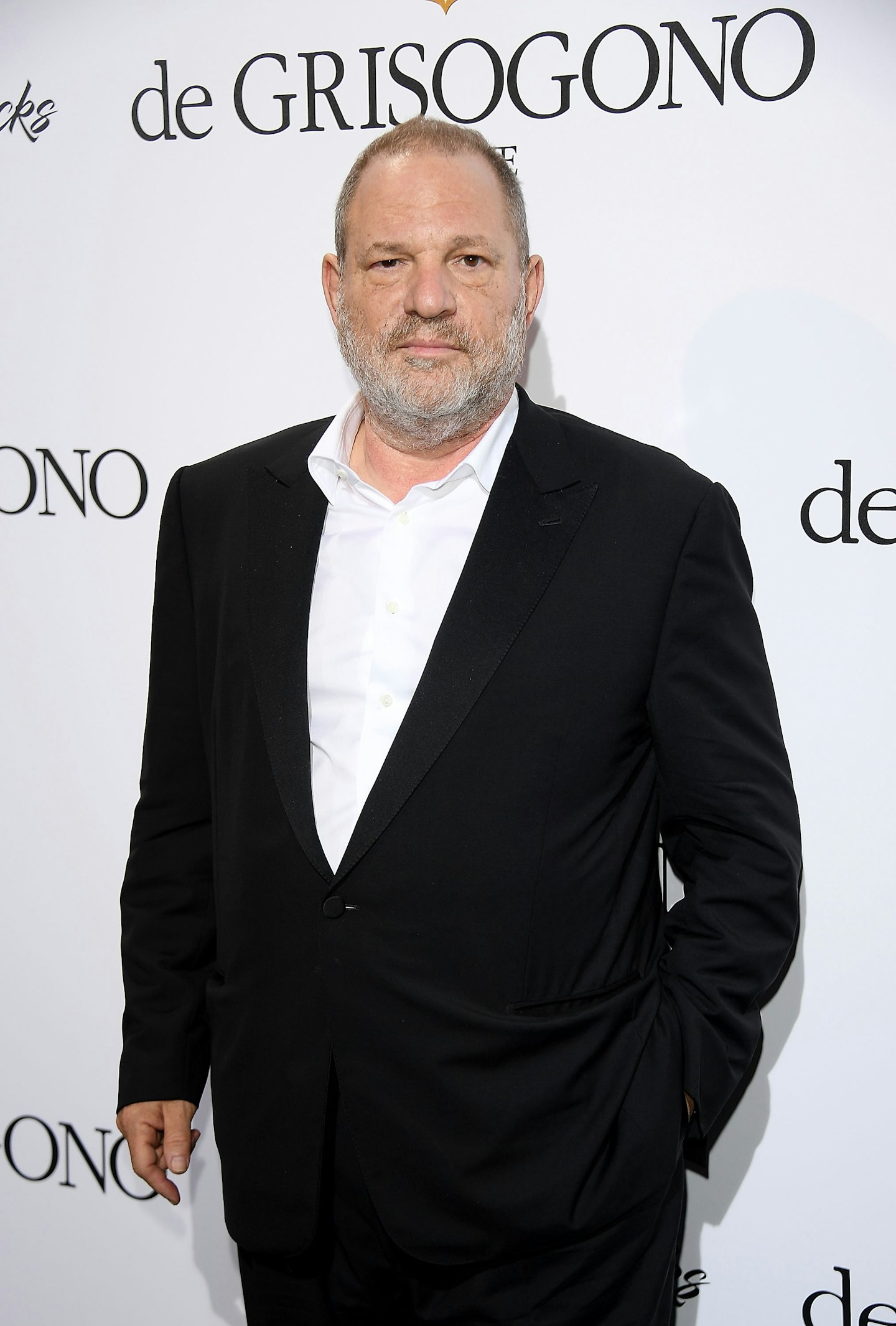 1 of 14
1 of 14Harvey Weinstein
 2 of 14
2 of 14Ed Westwick
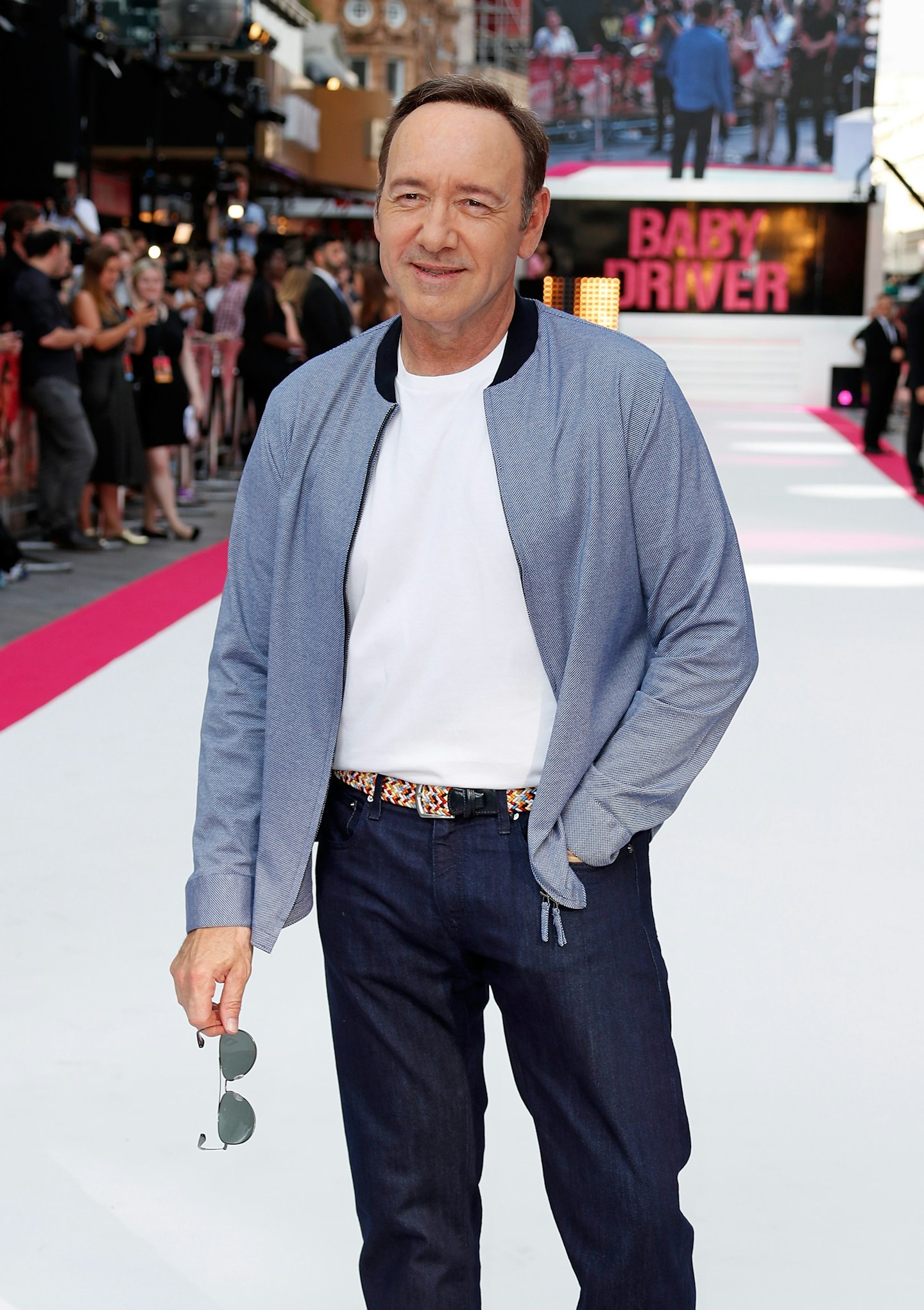 3 of 14
3 of 14Kevin Spacey
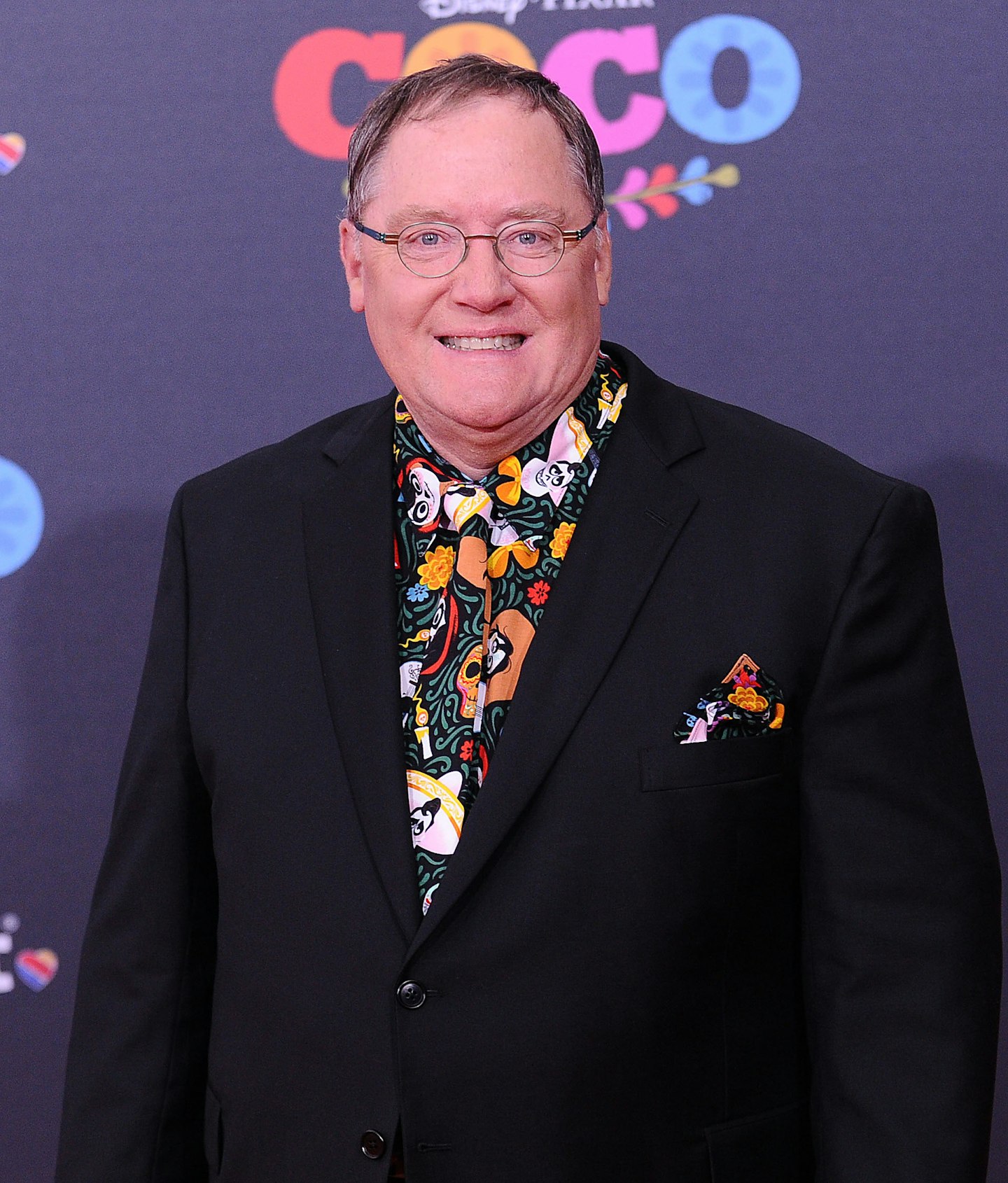 4 of 14
4 of 14John Lasseter
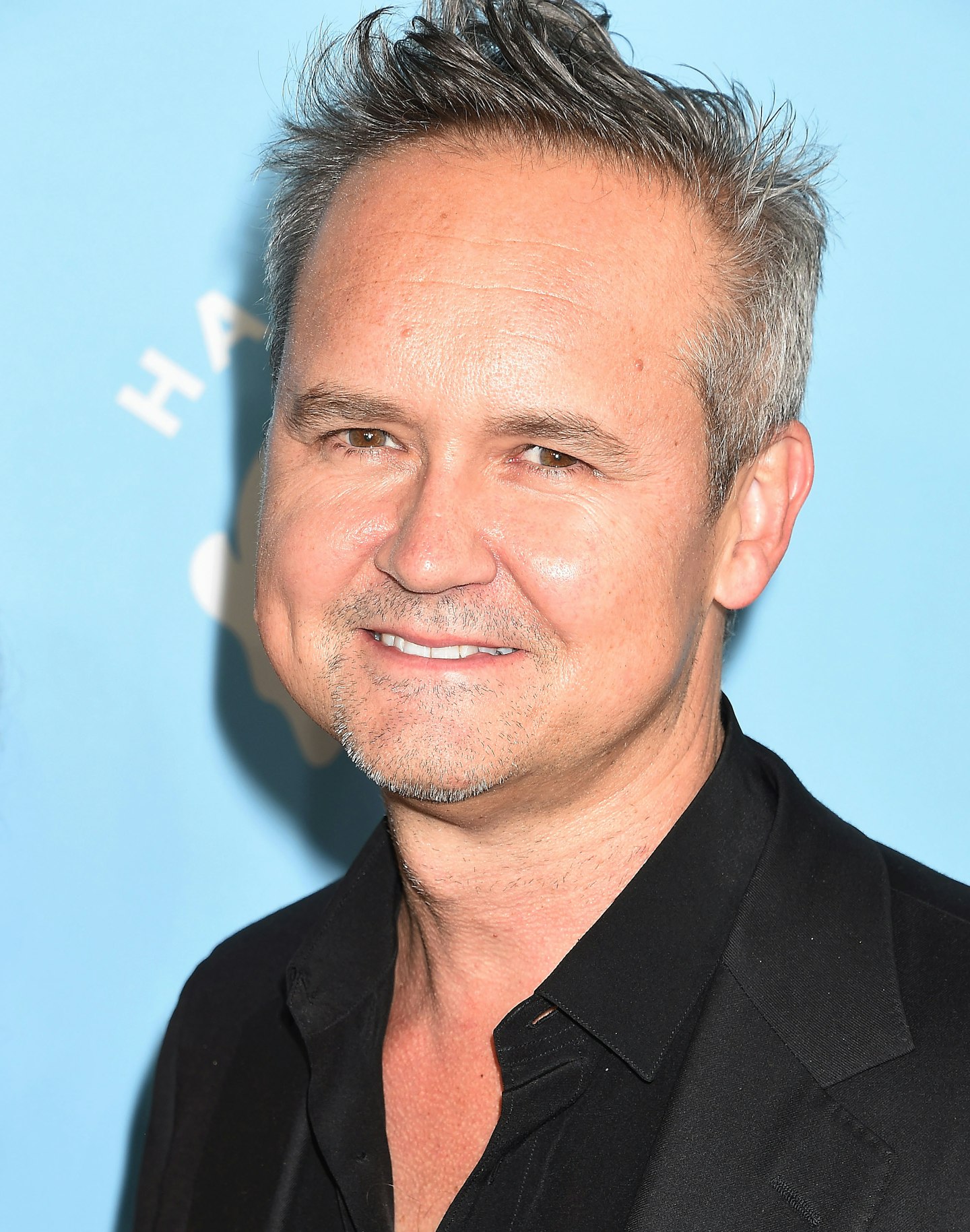 5 of 14
5 of 14Roy Price
 6 of 14
6 of 14Nick Carter
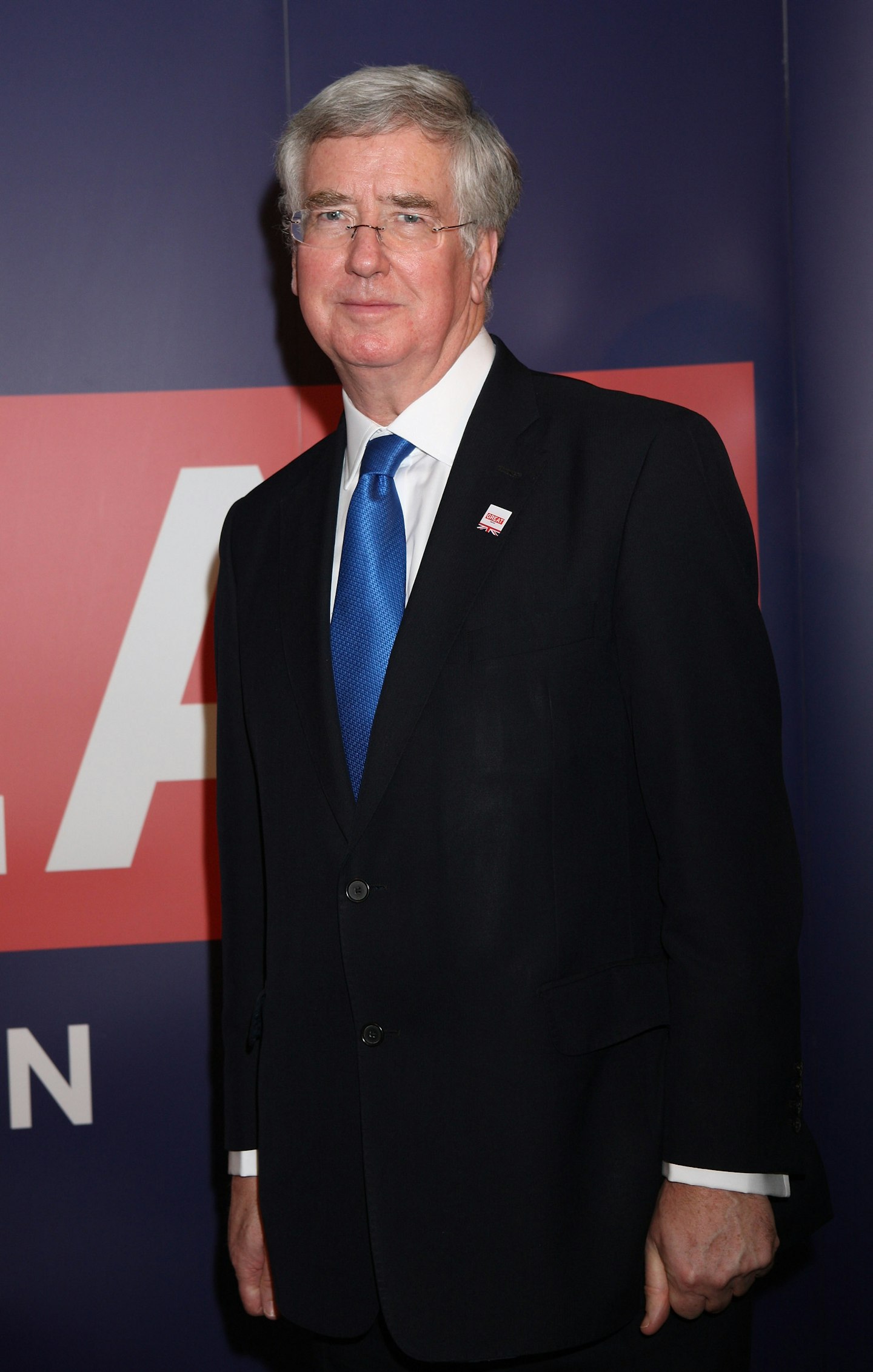 7 of 14
7 of 14Michael Fallon
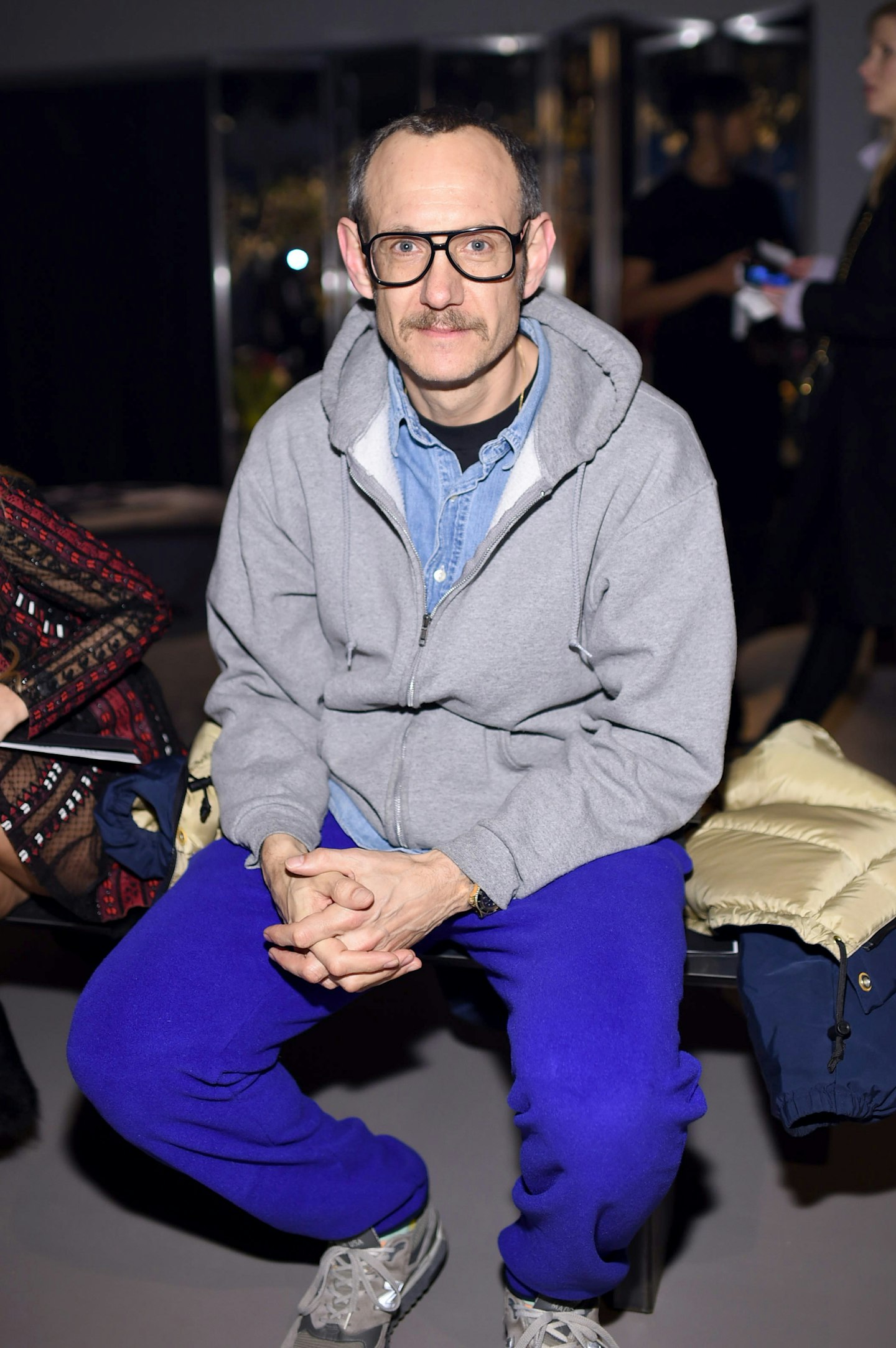 8 of 14
8 of 14Terry Richardson
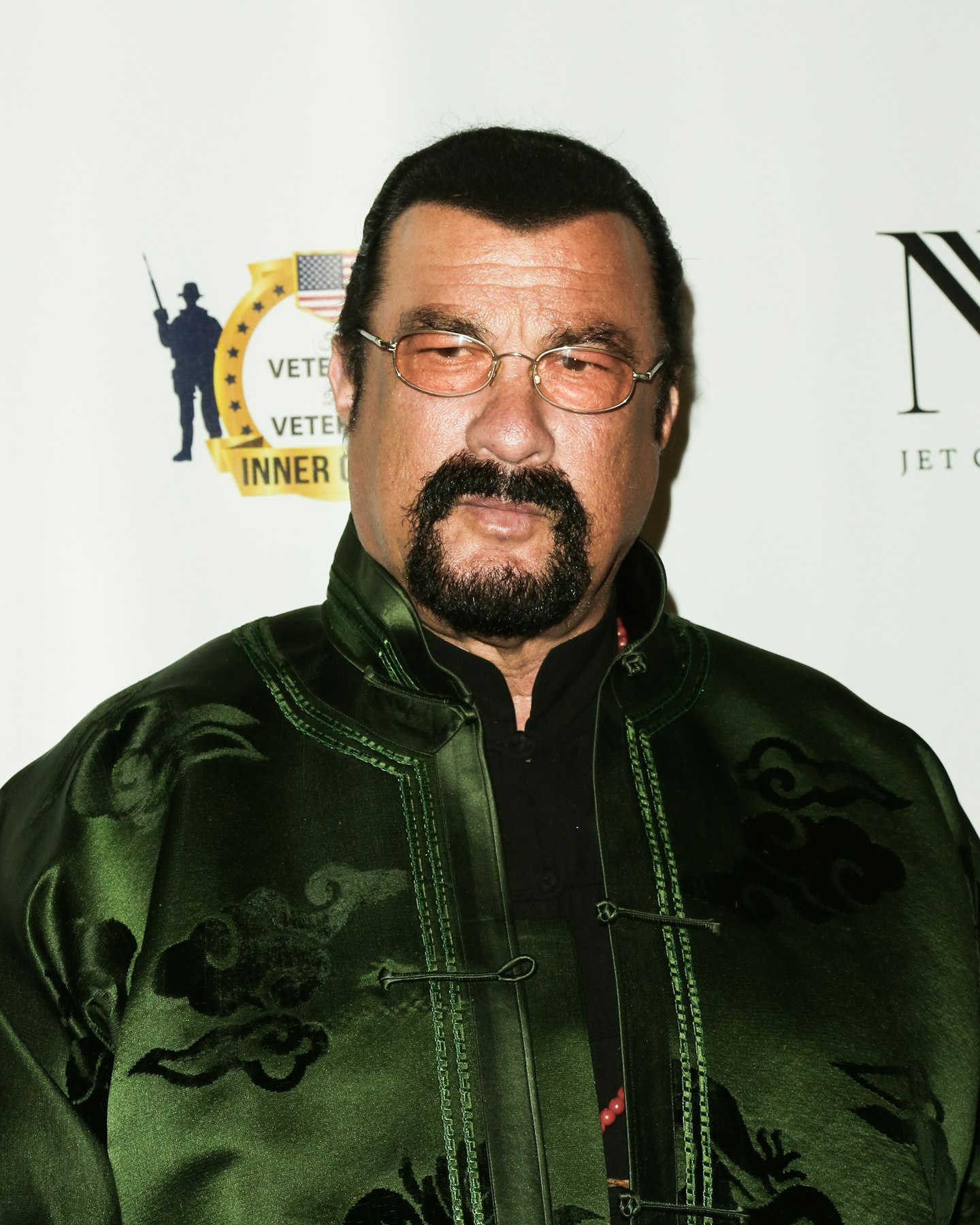 9 of 14
9 of 14Steven Seagal
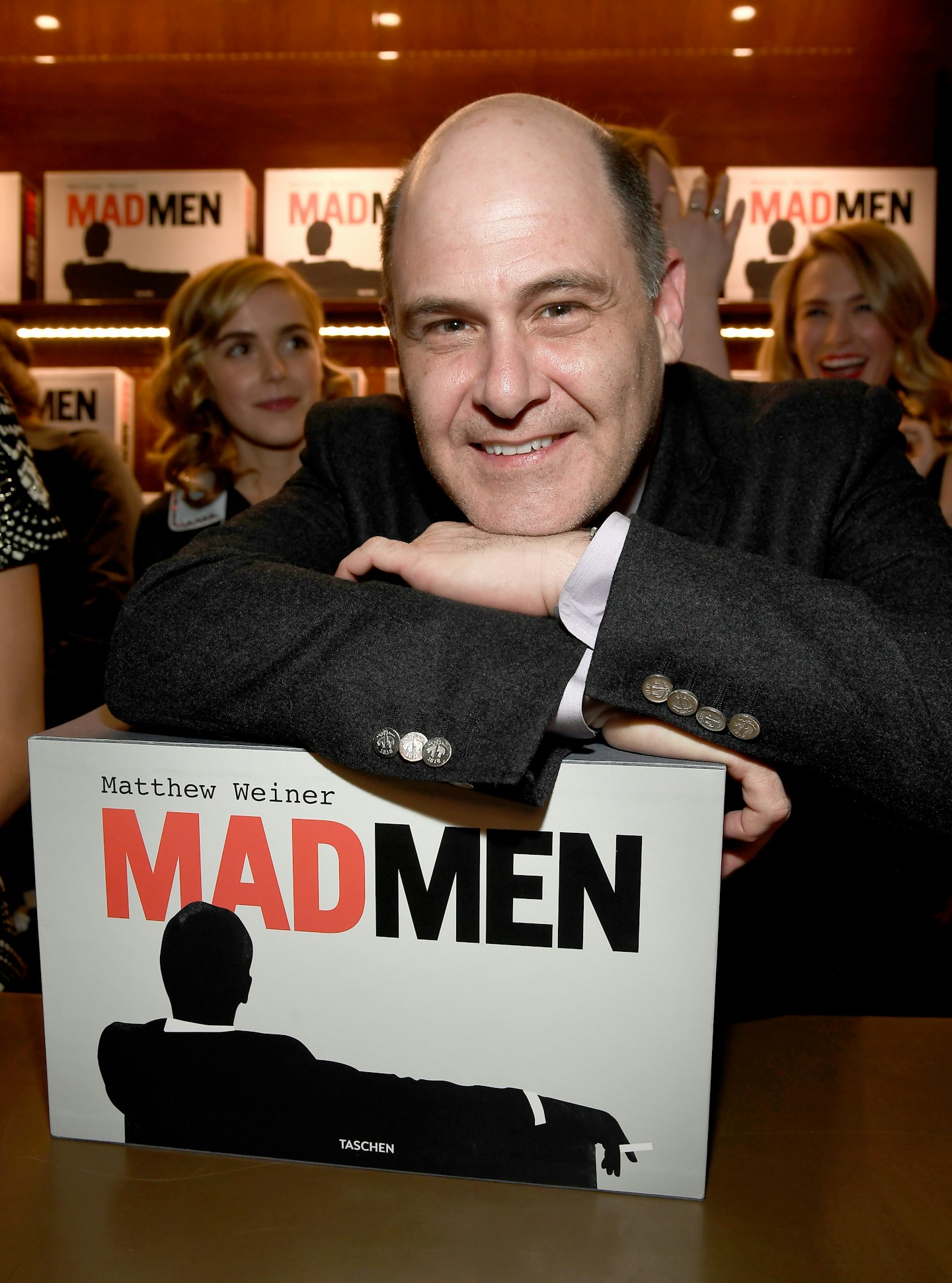 10 of 14
10 of 14Matthew Weiner
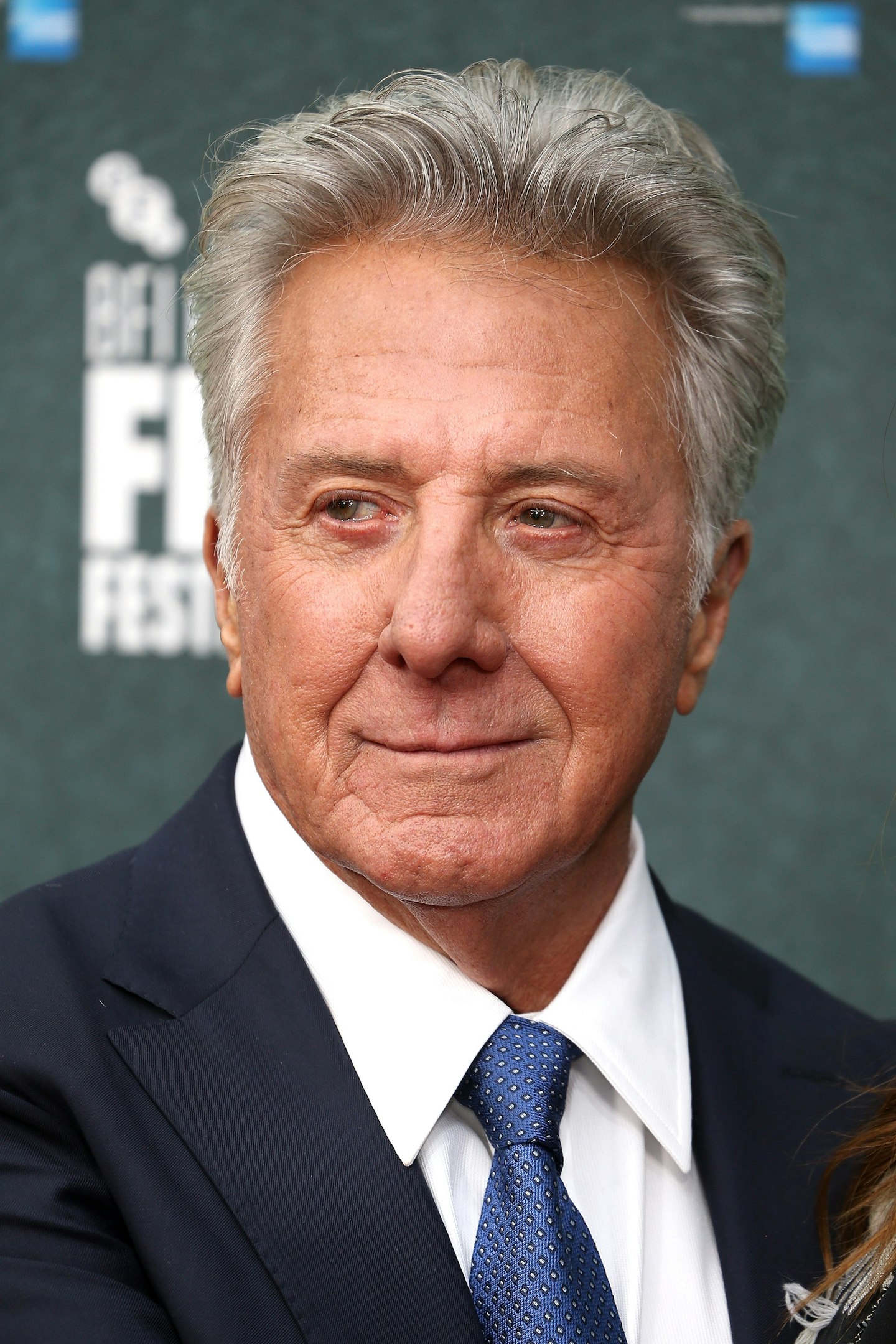 11 of 14
11 of 14Dustin Hoffman
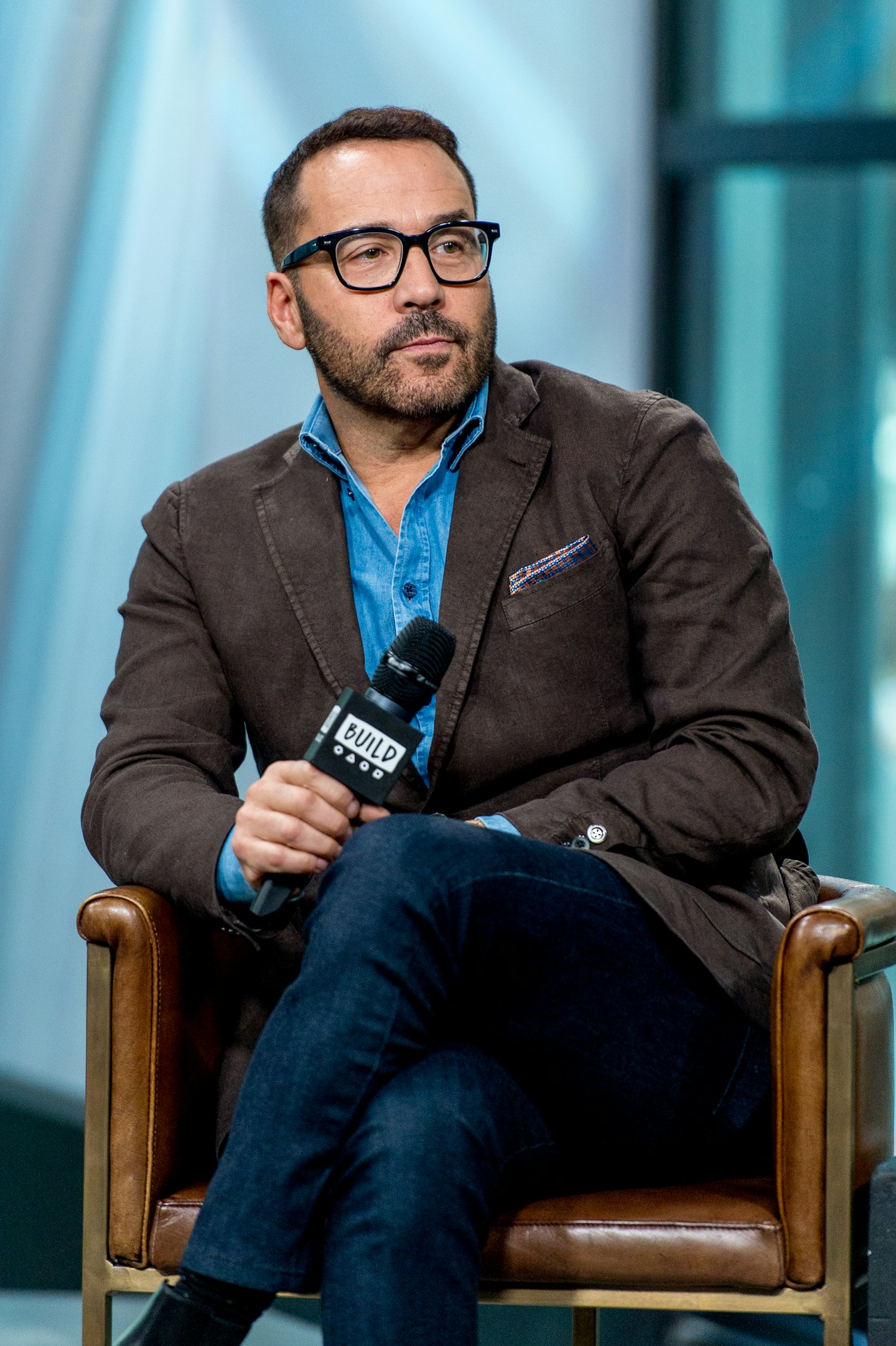 12 of 14
12 of 14Jeremy Piven
 13 of 14
13 of 14Louis C.K
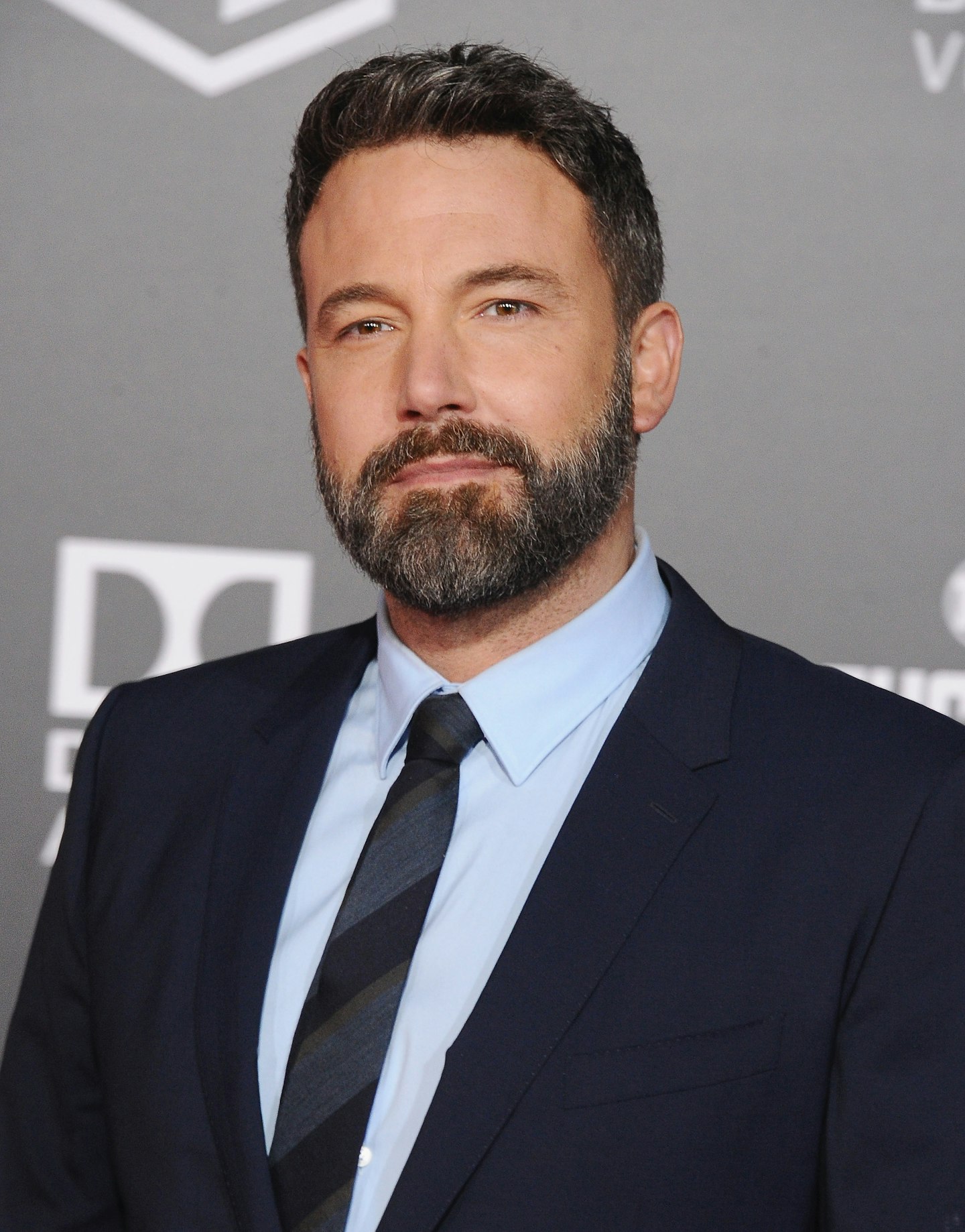 14 of 14
14 of 14